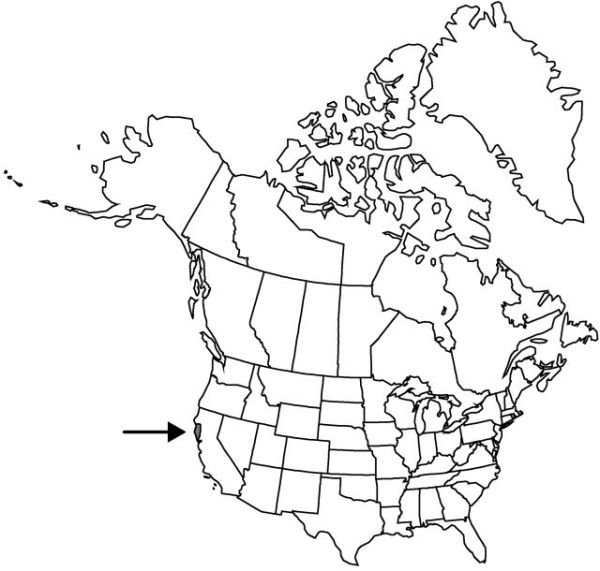Difference between revisions of "Calochortus amabilis"
Proc. Calif. Acad. Sci., ser. 3, 2: 119, plate 19, fig. 1. 1901.
Common names: Diogenes’ lantern
FNA>Volume Importer |
FNA>Volume Importer |
||
| Line 47: | Line 47: | ||
|publication year=1901 | |publication year=1901 | ||
|special status= | |special status= | ||
| − | |source xml=https://jpend@bitbucket.org/aafc-mbb/fna-data-curation.git/src/ | + | |source xml=https://jpend@bitbucket.org/aafc-mbb/fna-data-curation.git/src/8f726806613d60c220dc4493de13607dd3150896/coarse_grained_fna_xml/V26/V26_151.xml |
|genus=Calochortus | |genus=Calochortus | ||
|species=Calochortus amabilis | |species=Calochortus amabilis | ||
Revision as of 16:42, 18 September 2019
Stems usually branching distal to base, 1–5 dm, slightly glaucous. Leaves: basal persistent, 20–50 cm; blade linear, flat, slightly glaucous. Inflorescences 2–many-flowered. Flowers nodding; perianth closed at apex, globular; sepals spreading, ovate to lanceolate, 1.5–2 cm; petals deep yellow, with brown abaxial blotch, widely lanceolate, 1.6–2 cm, densely ciliate throughout, adaxial surface glabrous or with a few hairs near gland; glands deeply depressed, bordered distally by band of hairs; filaments longer than anthers; anthers oblong, apex obtuse or acute. Capsules nodding, winged, oblong, 2–3 cm, apex obtuse or acute. Seeds dark brown, irregular. 2n = 20.
Phenology: Flowering mid spring–mid summer.
Habitat: Shaded places in open woods or brush
Elevation: 100–1000 m
Discussion
Selected References
None.
Lower Taxa
None.
